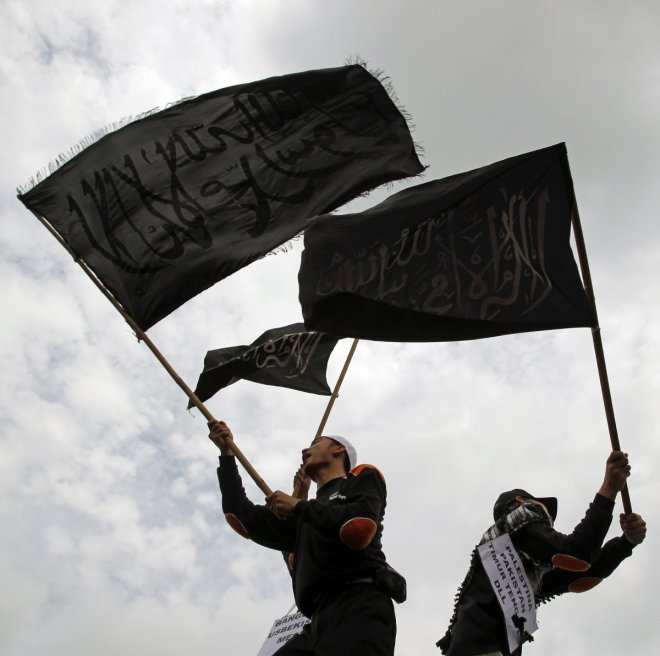
The Indonesian government has disbanded a hard-line Islamic group Hizbut Tahrir Indonesia (HTI) on Monday for creating unrest in the community that could threaten the peace and stability in the country.
Wiranto, Coordinating Minister for Politics, Legal and Security announced the action in a brief meeting and said it was ordered by President Joko "Jokowi" Widodo. "The activities carried out by HTI indicated strongly that they are against the aims, and principles of the state ideology Pancasila," he added.
Wiranto said that HTI has not played a positive role to participate in the national development process. He said HTI's activities "have clearly caused conflict in society" and threaten the integrity of the state. The dissolution of the group would be achieved through the courts.
The minister also noted that the decision does not mean the government is against Islamic civil societies. But, this step has been taken to safeguard the unity of the Indonesian people.
This latest move comes after Jokowi's government was shaken by massive protests in the past six months by conservative Muslim groups against the minority Christian governor of Jakarta, who is accused of blaspheming the Quran.
Hizbut Tahrir was one of several hard-line groups behind the Jakarta protests. It undermined Indonesia's reputation abroad for practicing a moderate form of Islam. The group is banned in many countries, including Germany, China, and Egypt, but it had operated for nearly 20 years in Indonesia.
However, despite being banned in dozens of countries, it is active in some of them and has been expanding in Asia several years ago.
Hizbut wants to unite all Muslim countries in a globe-spanning bloc ruled by strict Shariah law. It has a record of targeting university students and professionals, working within countries. It tries to persuade people to overthrow their secular governments.
In an interview with Western media in 2011, the group's chairman in Indonesia, Rochmat Labib told The Associated Press that in the following decade Hizbut's "grand plan was to reinforce lack of trust and hope in the government. "That's what we are doing now: converting people from democracy, secularism and capitalism to Islamic ideology," he said.









